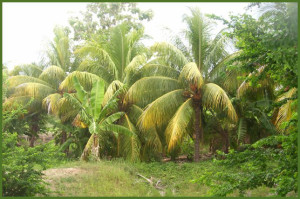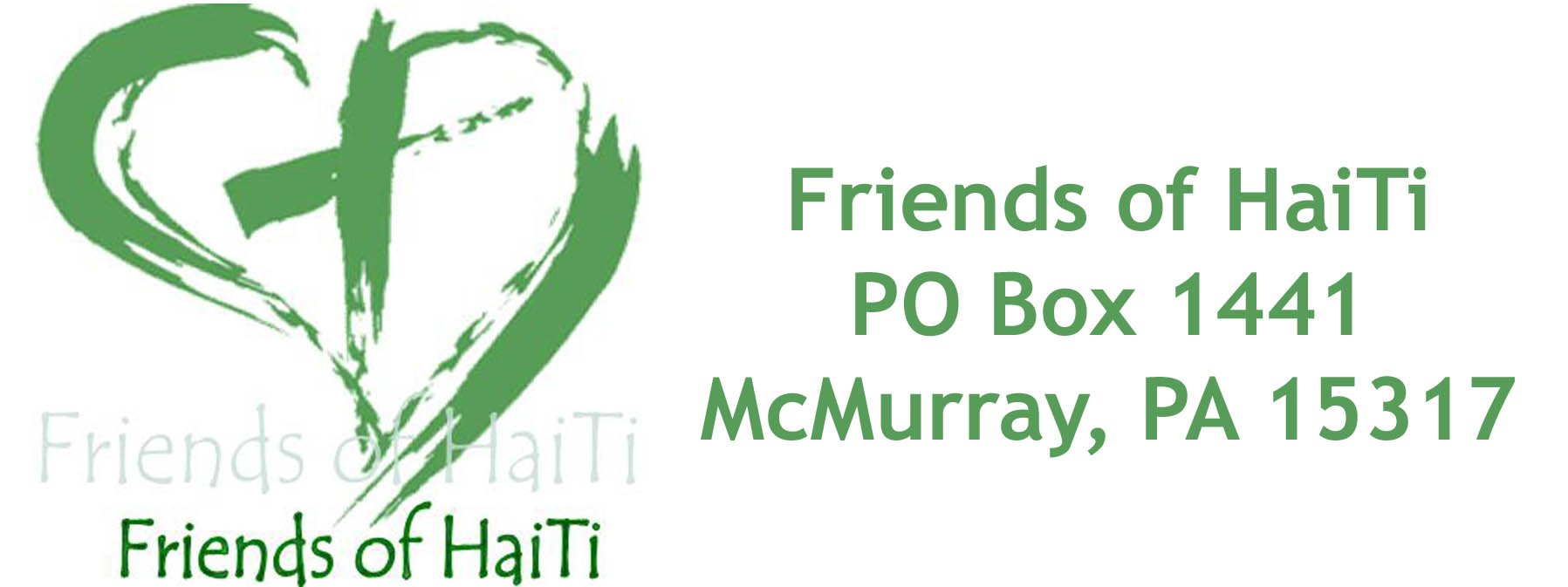 Why Haiti?
Why Haiti?
Haiti is one of the poorest and least-developed countries in the Western Hemisphere and the 7th poorest country in the world overall. Haiti’s economic stagnation is the result of earlier inappropriate economic policies, political instability, a shortage of good arable land, environmental deterioration, continued reliance on traditional technologies, under-capitalization & lack of public investment in human resources, migration of large portions of the skilled population out of the country, a weak national savings rate, and the lack of a functioning judicial system.
While Haiti has been previously considered the poorest country in the Americas, recent data from the International Monetary Fund suggests that Nicaragua has become the poorest country, below Haiti as of April 2009. This, however, is only an estimate and has not been confirmed.
Where is Haiti?
Haiti shares the western third of the island of Hispaniola along with the Dominican Republic, which covers the remaining 2/3rds of the island. Haiti is the third largest country in the Caribbean behind Cuba and the Dominican Republic.
What languages are spoken in Haiti?
Haiti is a Creole and French speaking Caribbean country, however English is spoken by many of the younger Haitians and in the business districts.
What is the United States doing about it?
U.S. policy toward Haiti is designed to foster and strengthen democracy; help alleviate poverty, illiteracy, and malnutrition; promote respect for human rights; and counter illegal migration and drug trafficking. The U.S. also supports and facilitates bilateral trade and investment along with legal migration and travel. U.S. policy goals are met through direct bilateral action and by working with the international community. The United States has taken a leading role in organizing international involvement with Haiti.
Is there any interesting Haitian history?
Haiti’s regional, historical, and ethnolinguistic position is unique for several reasons. It was the first independent nation in Latin America, the first post-colonial independent Black-led nation in the world, and the only nation whose independence was gained as part of a successful slave rebellion.
You might also not know that Haiti was discovered in 1492 by Christopher Columbus. Columbus landed at Môle Saint-Nicolas on December 5th 1492, and claimed the island for Spain. Nineteen days later, his ship the Santa María ran aground near the present site of Cap-Haitien; Columbus was forced to leave 39 men, founding the settlement of La Navidad.
In 1925, Haiti was lush, with 60% of its original forest covering the lands and mountainous regions. Since then, the population has cut down all but an estimated 2% of its original forest cover, and in the process has destroyed fertile farmland soils, contributing to desertification.
A Haitian by the name of Jean Baptiste Point du Sable founded Chicago.
In 1779, about 750 Haitians fought alongside American colonial troops against the British in the Siege of Savannah, one of the most significant foreign contributions to the American Revolutionary War.
Donate Online*
Sponsorships:
Checks may also be mailed to
Friends of HaiTi
PO Box 1441
McMurray, PA 15317
(please make check payable to: Friends of HaiTi.)
*PLEASE NOTE: If this donation is for a sponsored child, you will not see a field to indicate the child’s name but we have all the information on file and will be sure that your child gets the appropriate funds.
